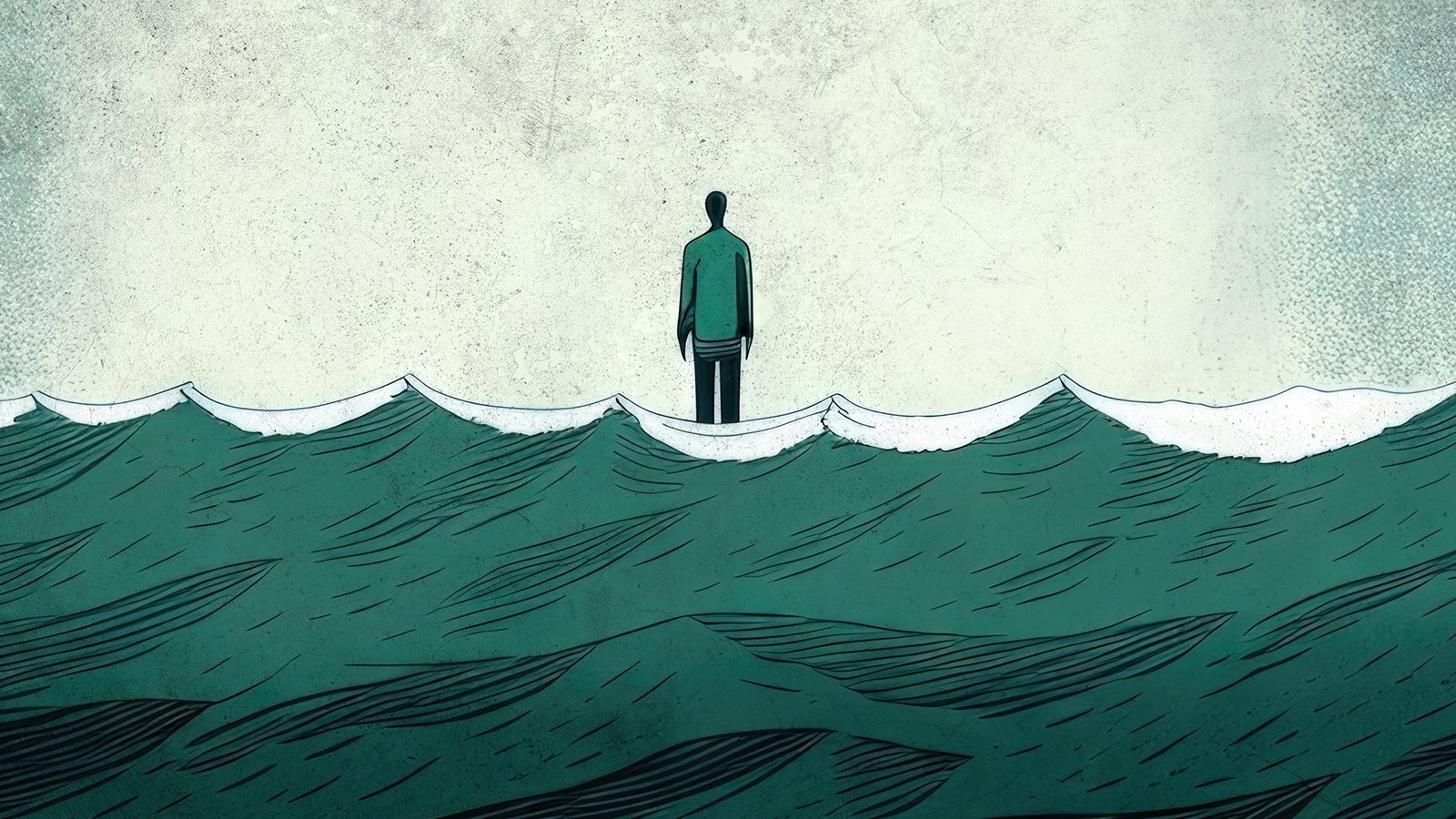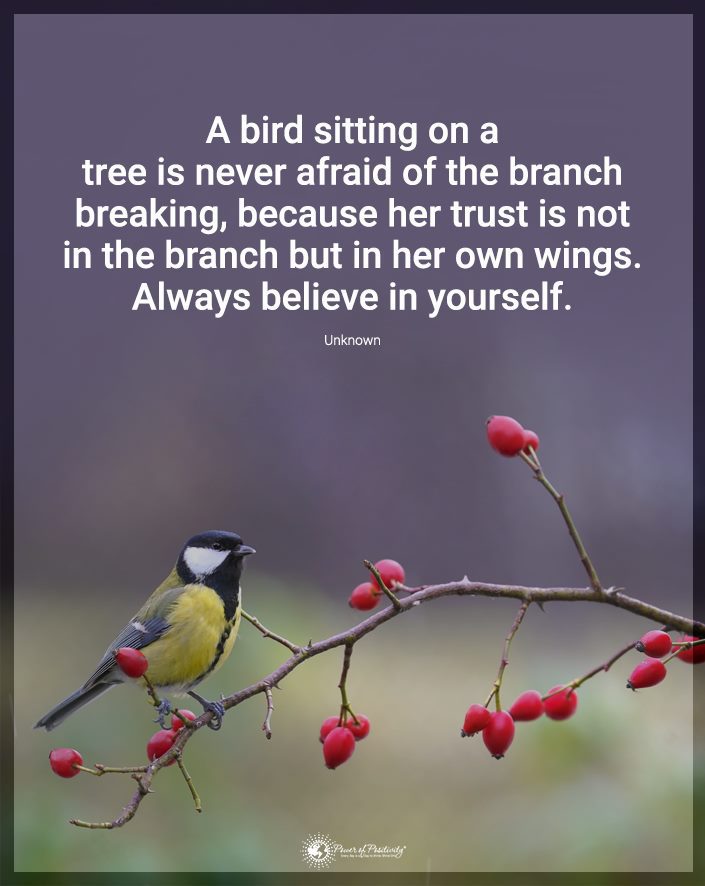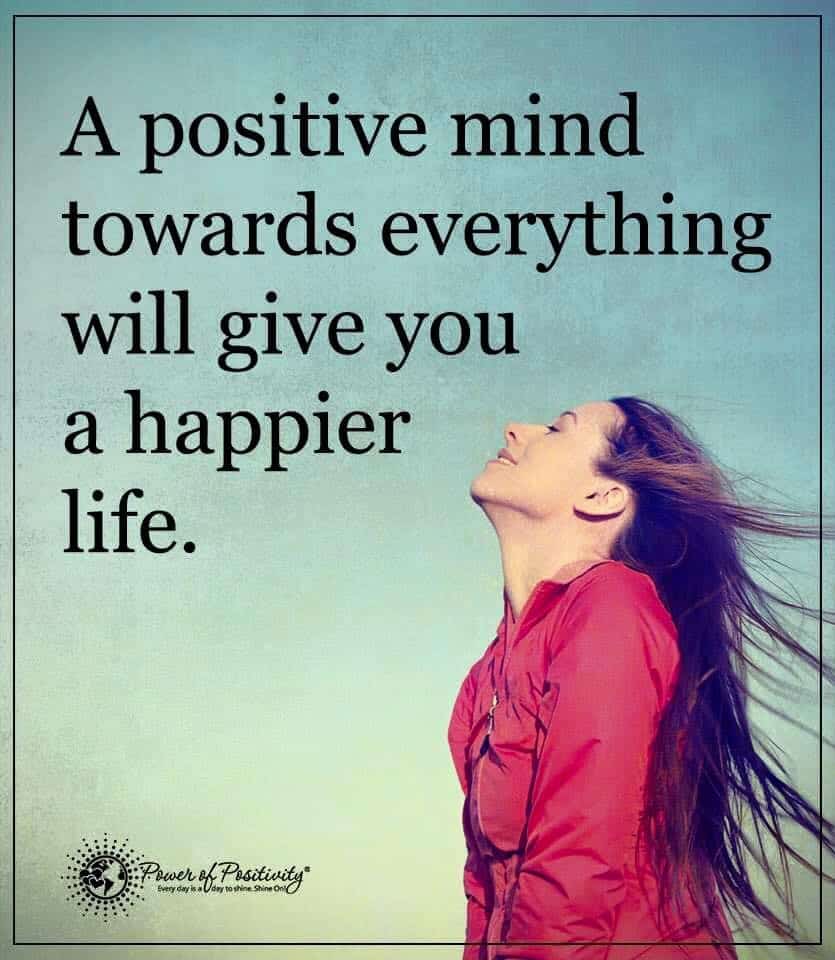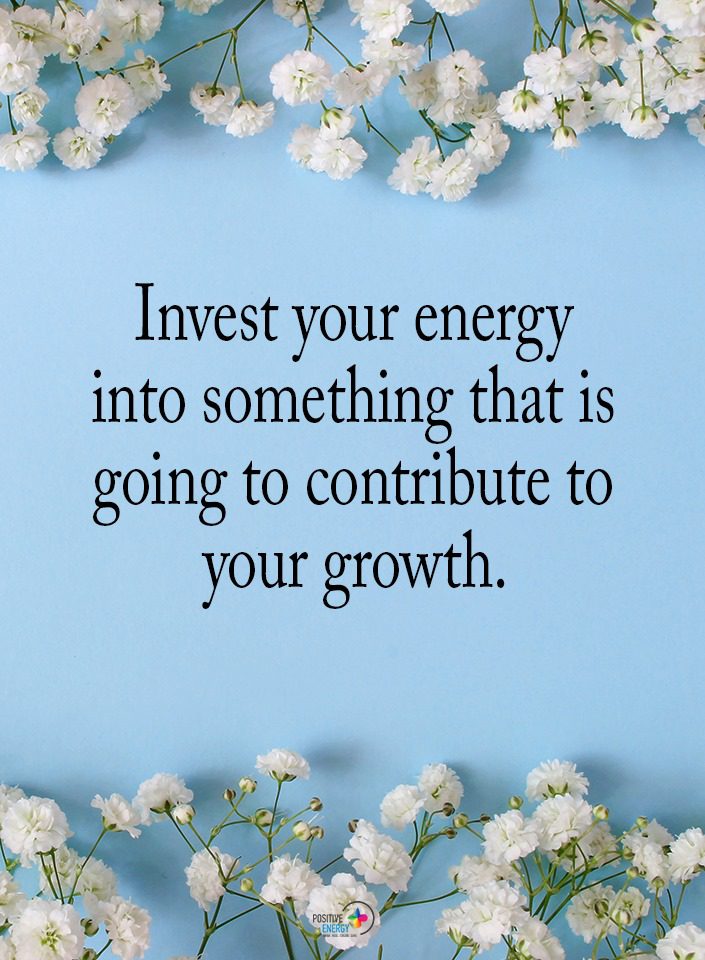Practicing Wu Wei is almost effortless.
A top psychologist recently highlighted the detrimental effects of the prevailing “hustle culture” on individuals. But she also suggests a solution. The mindset shift, known as “wu wei” (pronounced not as “woo-wee,” but as “ooo-way”), translates to “non-action” or “effortless action. But the concept is not new. In fact, it has been around for over 2,000 years. This philosophy advocates for a more balanced, fulfilling, and successful life approach.
Dr. Junhong Cao, Ph.D., a distinguished psychologist based in New York City, specializes in areas like relationships, depression, trauma, and personality disorders. She has over fifteen years of experience. She is also the visionary behind Mind Connections, a renowned mental health counseling service.
Contrary to misconceptions, Wu Wei doesn’t promote laziness or inaction. Instead, it champions the idea of allowing events to unfold naturally, relinquishing the ongoing need to control every aspect. The principle underscores the importance of acting when it’s essential but refraining from exerting undue effort and tension. It’s an escape from the hustle culture.
Many professionals, including Dr. Cao, have integrated Wu Wei into their practices. Studies have indicated that this approach can significantly reduce stress and anxiety levels while enhancing satisfaction and overall well-being.
Putting the Wu Wei Mindset Into Practice in Your Life
For those interested in incorporating wu wei into their daily lives, here are some steps to consider:
1 – Embrace Acceptance
Life is unpredictable, and despite our best efforts, things don’t always go according to plan.
This unpredictability is evident in scenarios like hosting a significant event. No matter how much effort goes into organizing and ensuring every detail is perfect, there will always be unforeseen circumstances that might alter the course of the event.
Similarly, you may not reach or exceed every aspiration or goal you set in your professional life.
Missing out on a job promotion, for instance, can be a painful, disappointing experience. However, it’s essential to view such setbacks as standard milestones in one’s career trajectory. The essence of embracing acceptance lies in the understanding that we don’t have control over every aspect of our lives. Instead of dwelling on what went wrong or what could have been, it’s more productive to focus on the elements we can influence.
By distinguishing between what’s within our control and what’s not, we can navigate challenges more effectively. Thus, the mindset helps us make peace with the uncontrollable and channel our energy toward actionable solutions.
2 – Celebrate Imperfections
The pursuit of perfection can be a daunting and often unattainable goal. While it’s natural to strive for the best in everything we do, it’s equally important to recognize and accept that perfection is a myth. Whether it’s taking on a new hobby, learning a foreign language, or trying to master a musical instrument, mistakes are bound to happen.
These errors, however, shouldn’t be seen as failures but rather as integral components of the learning process. They offer valuable lessons and insights that can guide future endeavors.
Instead of being overly critical of oneself, it’s crucial to practice self-compassion. Celebrating imperfection means acknowledging our flaws and limitations and understanding that they contribute to our unique identity. When faced with setbacks or criticisms, take a moment to reflect. Instead of dwelling on the negatives, choose to be flexible, adapt, and treat yourself with kindness and understanding.
3 – Prioritize Mindfulness
We live today in a world that moves faster than at any time in recorded history. So it’s easy to get caught up in the hustle and bustle of daily life, often neglecting our mental and emotional well-being.
Mindfulness offers a respite from this chaos. It’s the practice of being fully present in the moment, devoid of judgment. By being mindful, individuals can gain a deeper understanding of their thoughts, emotions, and reactions.
It’s not just about introspection; mindfulness also encourages a heightened awareness of one’s surroundings.
Simple acts can offer profound moments of clarity and peace. Some of these little pleasures can include feeling the sun’s rays on the skin, listening to the rhythmic chirping of birds, or observing the vibrant hues of flowers.
By cultivating this awareness, individuals can navigate life’s challenges with a more balanced and centered approach. Embracing mindfulness can also pave the way for a deeper understanding of philosophies like wu wei, making their integration into daily life more seamless.
Lao Tzu and a Healthier Mindset
The wisdom of Lao Tzu, the ancient Chinese philosopher, resonates profoundly with the Wu Wei mindset. Here are some Lao Tzu quotes that connect closely to this mindset:
“If you are depressed, you are living in the past. If you are anxious, you are living in the future. If you are at peace, you are living in the present.”
Lao Tzu’s quote examines the intricate relationship between our emotional states and our temporal focus. It provides insight into how our mental well-being is influenced by where we place our attention concerning time.
It underscores the importance of aligning oneself with the present, letting go of past burdens, and not being overly concerned with future uncertainties. By doing so, one can achieve a harmonious state of being characterized by peace and contentment.
“Nature does not hurry, yet everything is accomplished.”
This quote encapsulates the essence of Wu Wei. Nature operates without apparent effort, yet it achieves its purpose. Similarly, Wu Wei encourages individuals to act without force or struggle, allowing things to unfold naturally. Instead of rushing or forcing outcomes, one should move with the natural flow of events, trusting that things will fall into place as they should.
“When I let go of what I am, I become what I might be.”
Letting go is a fundamental mindset in Wu Wei. By releasing our preconceived notions, attachments, and desires, we open ourselves to greater possibilities and potentials. Wu Wei emphasizes the importance of non-action and non-resistance, suggesting that by letting go of our need to control and define, we can truly realize our potential and align with the Tao (the natural way of the universe).
“The softest things in the world overcome the hardest things in the world.”
This Lao Tzu quote speaks to the power of gentleness and flexibility over force and rigidity. In the context of Wu Wei, it suggests that effortless action, characterized by softness and adaptability, can achieve more than forceful, aggressive efforts.
Just as water, a soft and yielding element, can erode hard rock over time, Wu Wei teaches that gentle, consistent, and aligned actions can have a profound impact over time.
Final Thoughts on the Wu Wei Mindset
The ancient philosophy of wu wei, rooted in Taoist teachings, offers a timeless blueprint for leading a harmonious and balanced life. In a world dominated by relentless ambition and the constant pursuit of more, wu wei reminds us of the power of simplicity, acceptance, and being in tune with the natural flow of life.
We can make this mindset shift by embracing acceptance, celebrating imperfections, and prioritizing a more mindful mindset. We can also learn how to navigate the complexities of modern life with grace and ease. The Wu Wei mindset isn’t about inaction but rather about discerning when to act and when to let go.
But this takes hard work – change is never easy.
It is a call to trust the journey, understand that we can’t control everything, and find peace in the present moment. As we integrate these principles into our daily routines, we enhance our well-being and discover a deeper sense of purpose and fulfillment.
















 Community
Community

